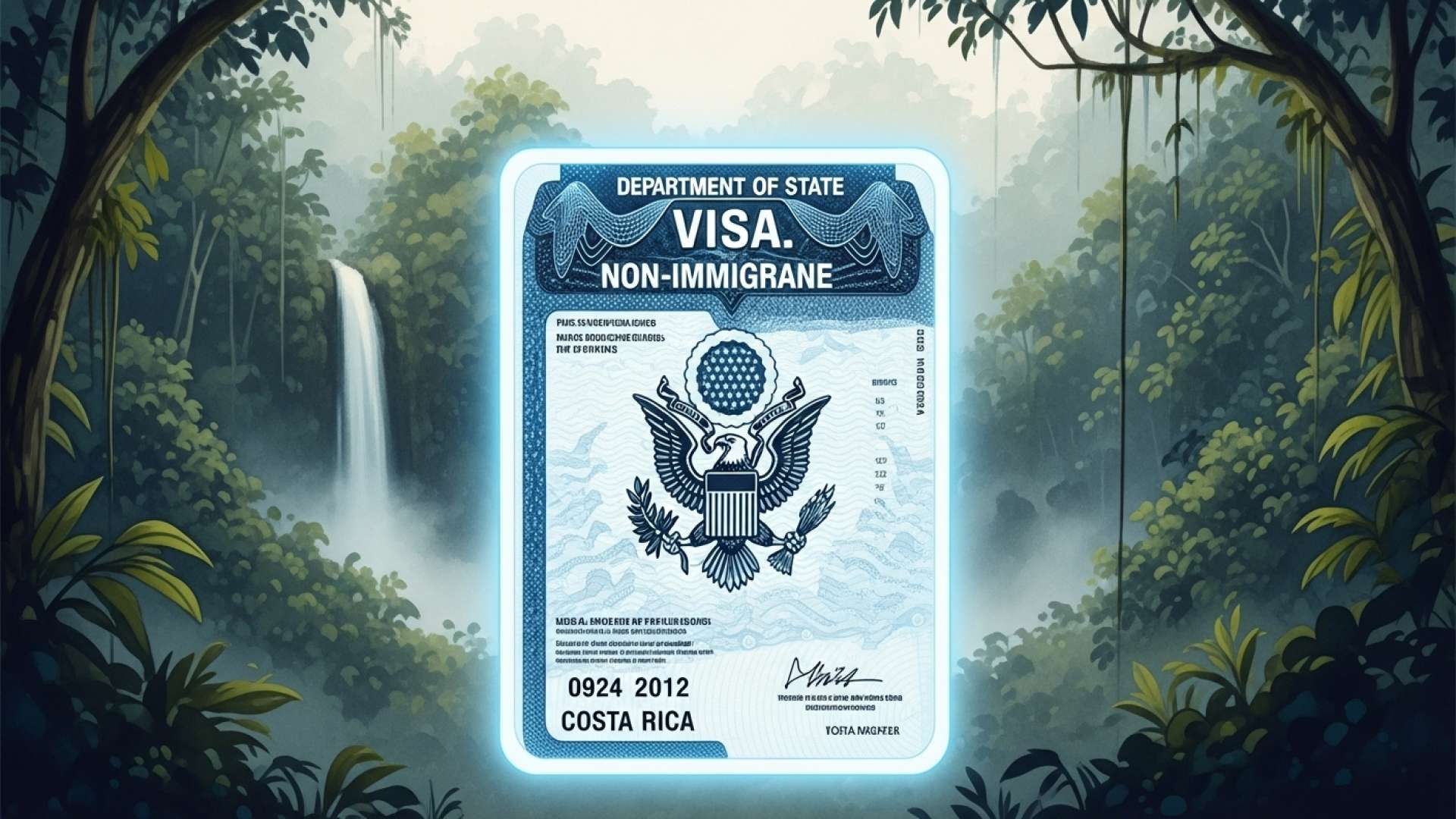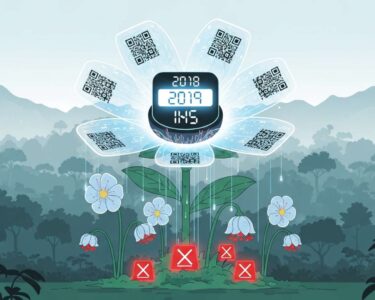San José, Costa Rica — SAN JOSÉ – The United States is set to implement a significant change to its non-immigrant visa application process, mandating in-person interviews for all applicants, regardless of age. Effective October 1, 2025, the new policy eliminates a long-standing exemption that previously allowed children under 14 and seniors over 79 to bypass this requirement, signaling a major shift towards more stringent security protocols for travelers.
This universal interview requirement, announced by the U.S. Department of State, will impact thousands of families and elderly individuals in Costa Rica who had previously benefited from the waiver. The change means that every applicant, from infants to the elderly, must now schedule and attend a face-to-face meeting with a consular officer as a standard part of their visa application. This policy replaces the current regulations, which have been in place since July 25, 2025.
To offer a deeper legal perspective on the current landscape of U.S. visa requirements and what they mean for Costa Rican applicants, we spoke with Lic. Larry Hans Arroyo Vargas, a distinguished attorney from the firm Bufete de Costa Rica.
The adjudication of U.S. visas has become increasingly discretionary, placing a significant burden on the applicant to proactively demonstrate strong, undeniable ties to their home country. It is no longer enough to simply meet the basic criteria; applicants must present a compelling, well-documented narrative that leaves no room for doubt regarding their intent to return. For businesses and individuals alike, this means meticulous preparation and strategic presentation of financial, professional, and familial evidence is paramount to success.
Lic. Larry Hans Arroyo Vargas, Attorney at Law, Bufete de Costa Rica
Lic. Arroyo Vargas’s analysis powerfully underscores a critical shift in the visa application landscape; it is no longer a matter of procedural checklists but of building a convincing and deeply personal case. We sincerely thank Lic. Larry Hans Arroyo Vargas for his valuable perspective on navigating this increasingly nuanced process.
According to the Department of State, the primary motivation behind this update is to bolster the integrity of the visa adjudication process. The official aim is to reinforce security controls and mitigate risks associated with applications that may be incomplete or potentially fraudulent. By ensuring that a consular officer personally interacts with every applicant, authorities hope to gain a more accurate assessment of each case and reduce potential vulnerabilities in the system.
While the new rule casts a wide net, the U.S. government has maintained specific exemptions for certain categories of travelers. These exceptions are narrowly focused and primarily apply to individuals traveling on official government business or for diplomatic purposes. Applicants for diplomatic or official visas, including A-1, A-2, G-1 through G-4, and NATO-1 through NATO-6, will generally not be required to attend an interview.
The policy also preserves a pathway for interview waivers for certain renewing applicants, though with strict conditions. Individuals seeking to renew B-1 (business), B-2 (tourism), B1/B2, or border crossing cards may be eligible for an exemption if they apply within 12 months of their previous visa’s expiration. This provision also applies to the renewal of H-2A visas for temporary agricultural workers under the same time constraints.
To qualify for a renewal waiver, applicants must meet several additional criteria. The application must be submitted within their country of nationality or habitual residence. Furthermore, their prior visa must have been issued for its full validity, and the applicant must be at least 18 years old. Crucially, eligibility also hinges on having no history of visa denials, unless that denial was subsequently overcome or officially waived by U.S. authorities.
Even for those who meet all the technical requirements for a waiver, an interview is not guaranteed to be waived. The Department of State has explicitly clarified that consular officers retain full discretion to require an in-person interview for any applicant at any time. This discretionary power allows officials to request a meeting if they identify any potential ineligibility or simply require further clarification on an application, ensuring a final layer of human oversight.
Given the complexity of these changes, U.S. authorities are strongly advising all prospective applicants to prepare well in advance. The official recommendation is for individuals to visit the website of the U.S. Embassy or consulate in their country to get the most accurate and up-to-date information. These official sites provide detailed guidance on specific requirements, operational procedures, and the current status of available consular services.
For further information, visit state.gov
About U.S. Department of State:
The United States Department of State is the federal executive department responsible for carrying out U.S. foreign policy and international relations. It advises the President, administers diplomatic missions, negotiates treaties and agreements, and represents the U.S. at the United Nations. The Department also manages a wide range of consular services for U.S. citizens abroad and for foreign nationals seeking to visit or immigrate to the United States.
For further information, visit bufetedecostarica.com
About Bufete de Costa Rica:
As a leading legal institution, Bufete de Costa Rica is built upon an unshakeable foundation of professional excellence and uncompromising integrity. The firm leverages its rich history of advising a wide spectrum of clients to spearhead legal innovation and actively engage in public service. Central to its ethos is a profound dedication to demystifying the law for the public, championing a mission to cultivate a more knowledgeable and empowered citizenry.









